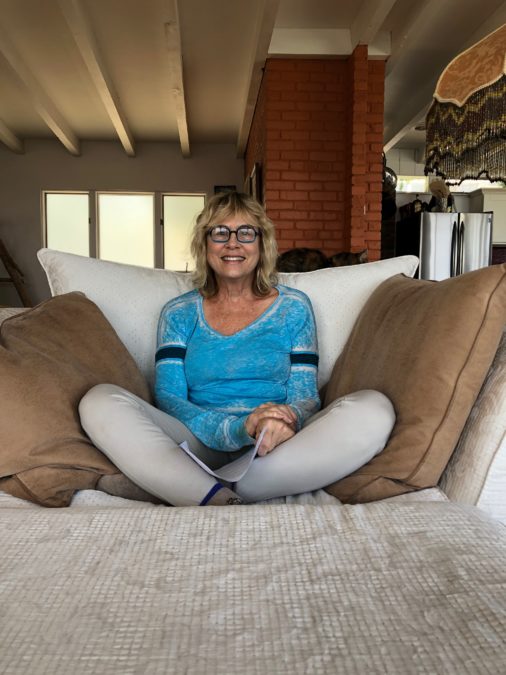LEND ME YOUR EARS
“Friends, Romans, countrymen, lend me your ears,” so said
Marc Antony. People want to be heard, but we don’t always do a good job of listening. When you have a conversation with someone, are you deciding what to say next while they’re still talking or are you actually listening? Listening can circumvent misunderstandings before they happen, but so few of us listen before we speak. Remember an old game called “Telephone?” A group of people sit
in a row. The first person whispers a sentence into someone’s ear, they whisper what they heard into the next person’s ear and on and on until the last person speaks the words out loud. Inevitably, what they end up with has little to do with the original sentence. It has everything to do with the fact that we don’t really listen to each other.
There are different ways to listen. You can consider each
word and decide what it means. That’s what we usually do. Or you can go a little deeper and listen to a person’s tone of voice, phrasing and you can feel the energy of the spaces between the words, the subtext, what they truly mean above and beyond what they are saying. We do this with infants before they can speak and we do this with our pets.
Being able to speak and make ourselves understood is a gift that we often take for granted. A dear friend, Liz, began building her
successful career by savoring the power of words when her mother contracted Alzheimer’s and lost her ability to speak. Liz had to discern her mother’s needs without the advantage of a conversation. She learned to listen to the silences and feel what her mother wanted and needed and now that her mother has passed, Liz continues to dedicate herself to understanding the energy and deeper meaning inherent in every word we say and hear.
It can be a challenge to listen. I know someone who never takes a breath when she’s speaking and I have to fight to be included in the
conversation. In her case, her words mean very little. It isn’t a conversation. It’s a monologue. Her shallow breath and her lack of pauses and silences make communicating with her exhausting and I usually don’t bother. “You’re short on ears and long on mouth,” said actor John Wayne. I know a man who constantly interrupts me and I’ve learned to say, “I wasn’t finished. Please listen to what I’m
saying.”
When I was studying healing in the Philippines in the nineteen eighties, I didn’t speak the native language, Tagalog, or any of the diverse dialects, so I did a lot of listening. One evening when we were in a hut at the top of a sacred mountain, I heard someone speak in a dialect that was so melodious, his words sounded like a song and I drifted off to sleep. The next day, one of the women told me with a big smile, “When people from his province get angry, no one pays attention because it sounds like they’re singing.”
Alfred Brendel, Austrian pianist and poet, says, “The word “listen” contains the same letters as the word, “silent.” John Densmore, drummer for the Doors and someone I’m privileged to call a client and a friend, quotes holy man, Swami Satchidananda, who opened the Woodstock festival with these words:
“And if you all join wholeheartedly after the chant, we are going to have at least one whole minute of absolute silence. Not even the cameras will click at that time. And in that silent period, that one minute of silence, you are going to feel the great, great power of that sound and the wonderful peace that it can bring in you and into the whole world.”


Recent Comments